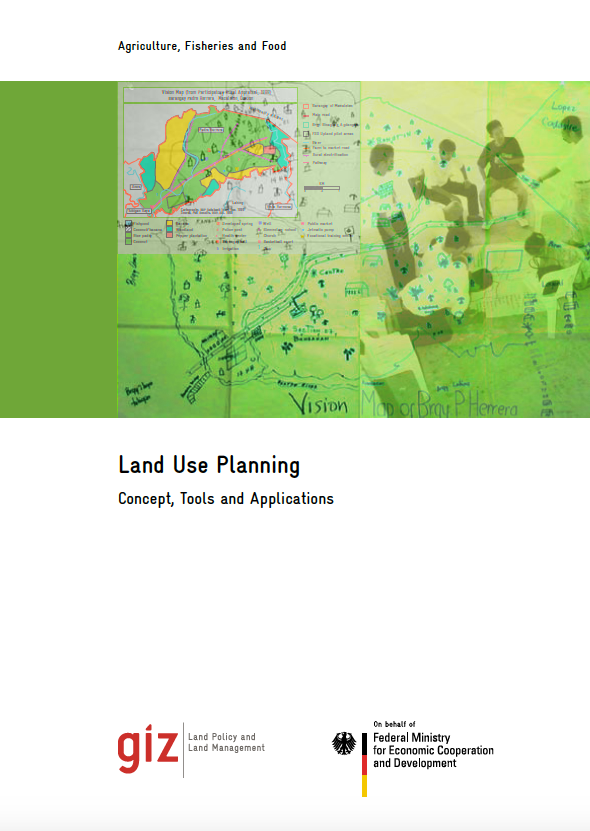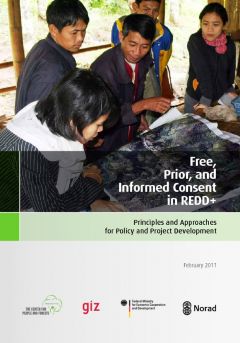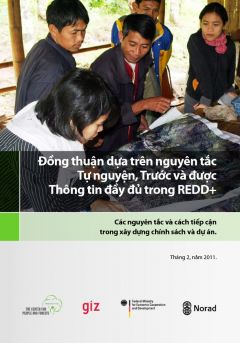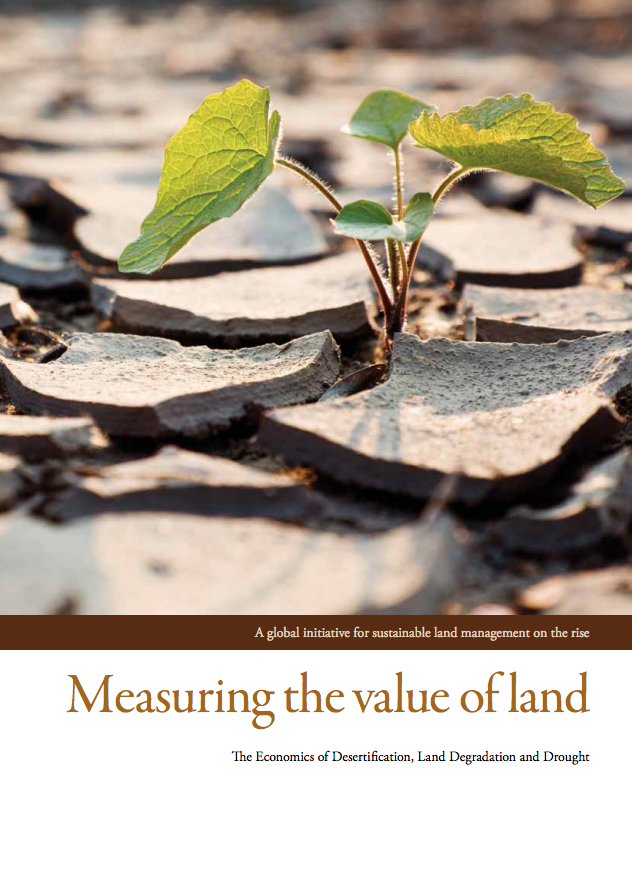Location
As a service provider in the field of international cooperation for sustainable development and international education work, we are dedicated to shaping a future worth living around the world. We have over 50 years of experience in a wide variety of areas, including economic development and employment promotion, energy and the environment, and peace and security. The diverse expertise of our federal enterprise is in demand around the globe – from the German Government, European Union institutions, the United Nations, the private sector, and governments of other countries. We work with businesses, civil society actors and research institutions, fostering successful interaction between development policy and other policy fields and areas of activity. Our main commissioning party is the German Federal Ministry for Economic Cooperation and Development (BMZ). The commissioning parties and cooperation partners all place their trust in GIZ, and we work with them to generate ideas for political, social and economic change, to develop these into concrete plans and to implement them. Since we are a public-benefit federal enterprise, German and European values are central to our work. Together with our partners in national governments worldwide and cooperation partners from the worlds of business, research and civil society, we work flexibly to deliver effective solutions that offer people better prospects and sustainably improve their living conditions.
Members:
Resources
Displaying 251 - 255 of 334Land Use Planning Concept, Tools and Applications
Land is a scarce resource increasingly affected by the competition of mutually exclusive uses. Fertile land in rural areas becomes scarcer due to population growth, pollution, erosion and desertification, effects of climate change, urbanization etc. On the remaining land, local, national and international users with different socioeconomic status and power compete to achieve food security, economic growth, energy supply, nature conversation and other objectives. Land use planning can help to find a balance among these competing and sometimes contradictory uses.
Free, Prior, and Informed Consent in REDD+: Principles and Approaches for Policy and Project Development
The principle that indigenous peoples and local communities have a right to give or withhold their Free, Prior, and Informed Consent (FPIC) to developments affecting their resources is not new. However, experience using FPIC in REDD+ implementation is still limited in the Asia-Pacific region. Using relevant examples from a range of locations and sectors, this guidebook provides a basis for developing country-specific guidance on employing FPIC in REDD+ processes.
Đồng thuận dựa trên nguyên tắc Tự nguyện, Trước và được Thông tin đầy đủ trong REDD+
Cuốn sách hướng dẫn này cung cấp nền tảng cơ sở cho việc phát triển hướng dẫn quốc gia cụ thể về Đồng thuận dựa trên nguyên tắc Tự nguyện, Trước và được Thông tin đầy đủ trong REDD+.
Measuring the value of land
The economic dimension of desertification, land degradation and drought (DLDD) is increasingly gaining importance.
For this reason, the UNCCD has launched an initiative to help make the economic side of desertification, land degradation and drought (DLDD) an integral part of policy strategies and decision-making. An important step in this direction was the Partnership meeting on the Assessment of the »Economics of Desertification, Land Degradation and Drought« ( EDLDD), held December 14 – 15, 2010.
Fachgespräch Landnutzung und Klimawandel in Madagaskar
Präsentationen zum Fachgespräch Landnutzung und Klimawandel in Madagaskar vom 31.08.2011 - Tanja Pickardt und Klaus Ackermann (GIZ)






